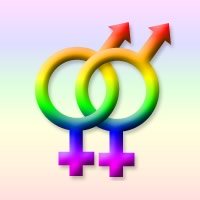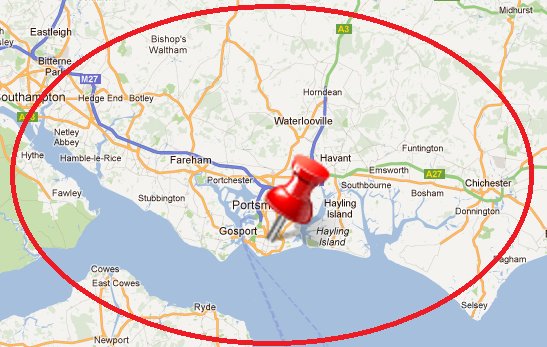Does a Counsellor’s Sexuality Factor in Couple Counselling?
Posted by on 6 Sep, 2012 in Sexuality | 0 comments

Pages: « previous page 1 2 3 4
Essential Boundaries.

It’s important to reflect on the nature of boundaries in therapeutic work. Boundaries contain and protect both counsellor, client and the therapeutic relationship. A counsellor should reflect the purpose, say, of them agreeing to meet a client outside of ongoing-therapy for, say, lunch or an evening beer (a practice which I would consider to be quite dangerous and significantly unethical if not thought through and discussed beforehand).
The nature of therapy requires safety, boundary keeping and ethical reflexivity to protect both client and counsellor.
The fact that my sexuality may lend me to be sympathetic toward LGBT issues in counselling should not be confused or misunderstood as my willingness to forego therapeutic boundaries. Just as, for example, a female counsellor might help a male client work through an eroticised transference whilst maintaining boundaries and ethics, a gay male counsellor should in no way deviate from similar practice when working with lesbian or gay clients in similar transference issues, whilst also maintaining ethics and boundaries.
In conclusion – at least so far in my counselling practice…
The therapeutic alliance between therapist and couple must be genuine, and information abut the therapist’s personal life is not necessary for the therapeutic relationship to be genuine … but some information is necessary for the therapeutic relationship to begin.
When I am asked by a gay or lesbian couple if I identify as a gay man, my immediate response is firstly: “Yes”, followed by an inquiry into what made it important for the couple to ask me.
In identifying as a gay man, and therefore a gay counsellor & psychotherapist, I intentionally offer LGBT couples therapies that are, perhaps, not immediately available in their own home-town (hence why I also practice on Skype). Once comfortably into the work, others differences between client and counsellor can be allowed in and worked with just as most other therapists would work with differences.
It may be policitically correct to treat all couples as if they were the same – but they are distinctly not the same and gay and lesbian relationships bring in a whole set of conflicts to manage that heterosexual couples, on the whole, simply do not have to manage.
This post was tagged:





